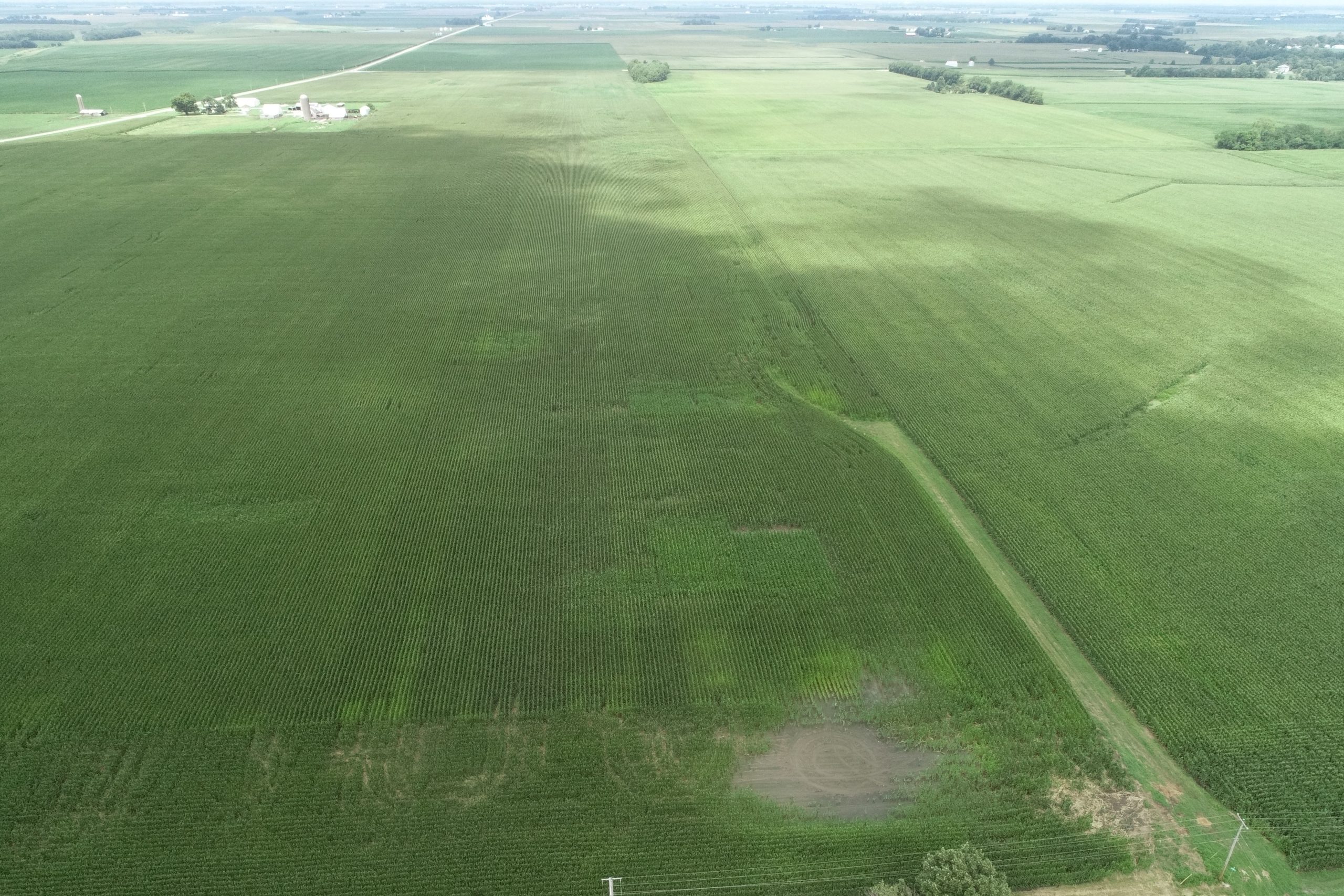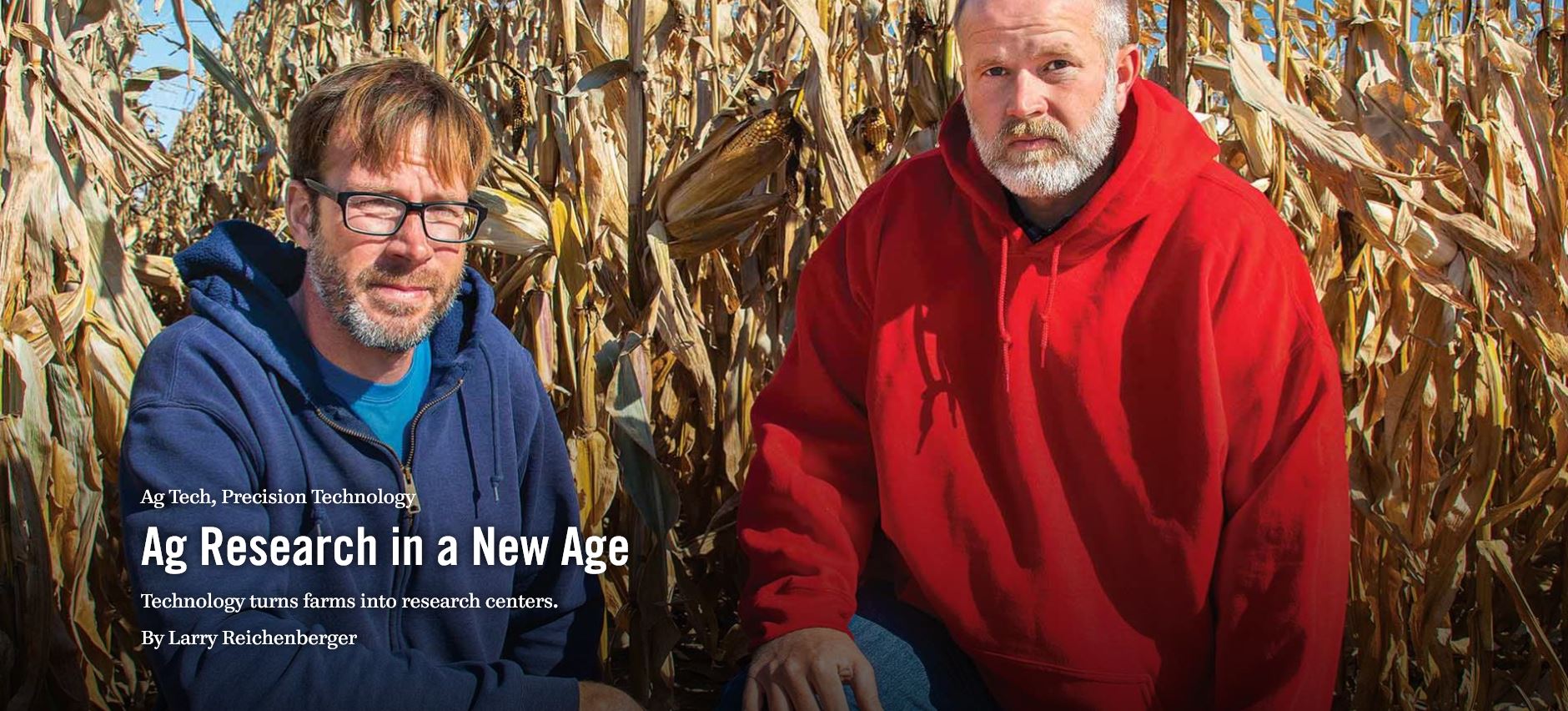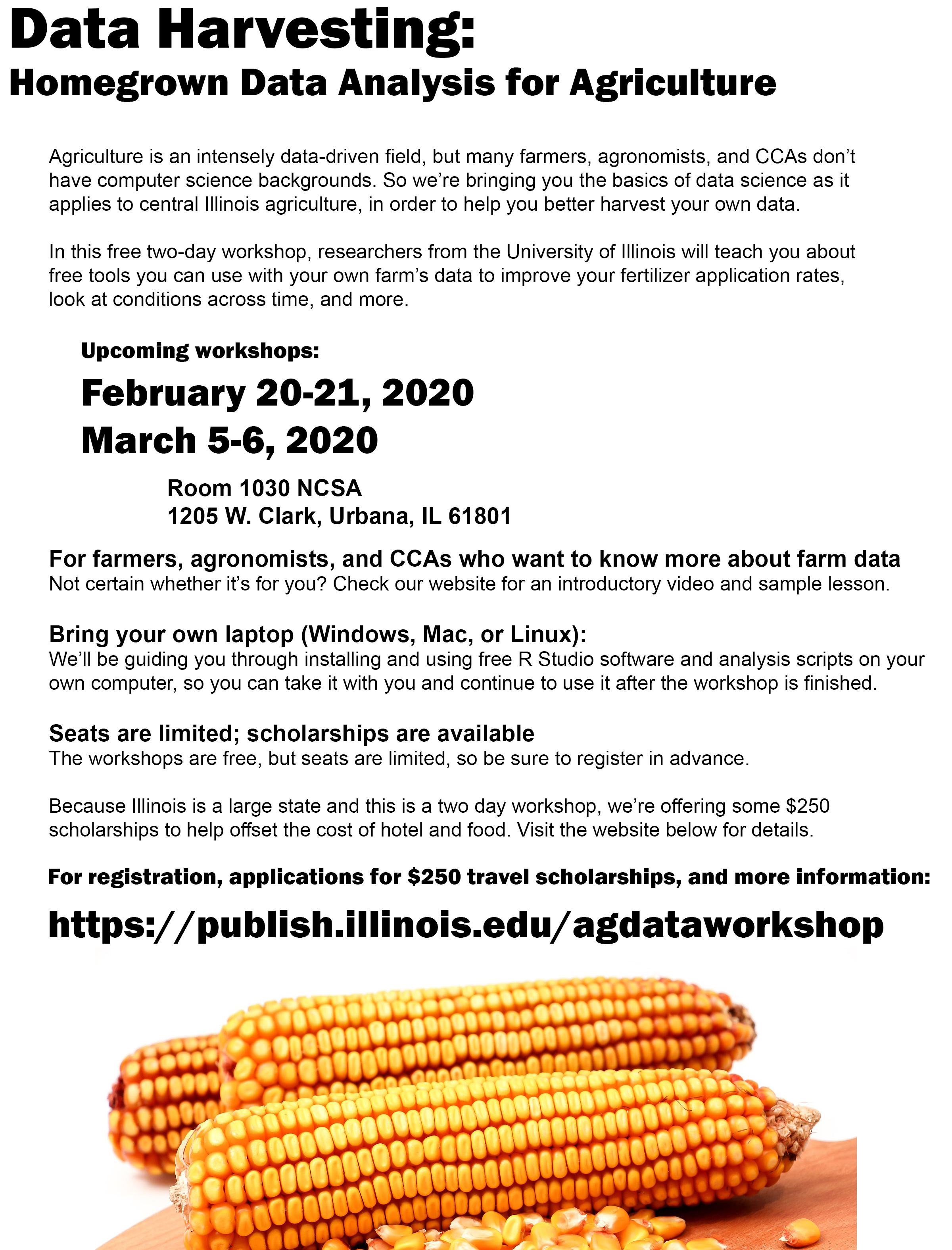In October 2021, David Bullock was invited to Montpellier, France and the Bonn, Germany to give presentations titled “Contributing to an International Cyber-Infrastructure for On-farm Precision Experimentation” before the OFE2021 “Farmer-Centric On-Farm Experimentation” Conference (https://ofe2021.com/ ) and the University of Bonn PhenoRob Institute (https://www.phenorob.de/ ). The purpose of the trip was to publicize DIFM’s latest efforts and seek collaboration with researchers in the European Union. 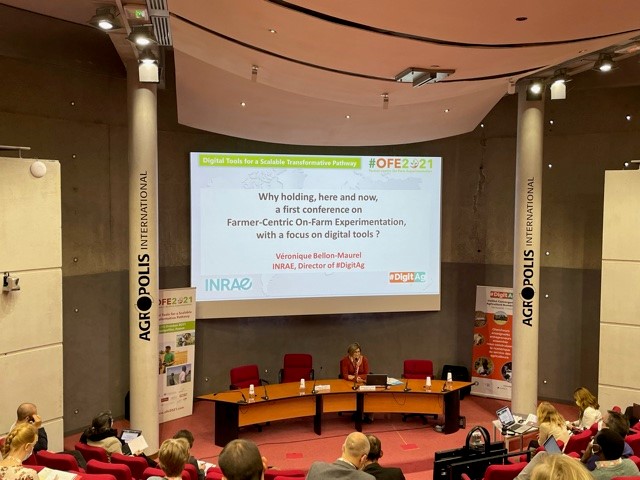
Tag Archives: agribusiness
A New Multistate Research Project
The DIFM team has created a multistate Research Project, titled NC1210: Frontiers in On-Farm Experimentation. This project will enable researchers from all across the United States to collaborate and host meetings on an annual basis.
Land Grant Participating States/Institutions: CA, IA, IL, IN, KS, LA, MI, MN, MS, MT, ND, NE, NY, OH, OK, WA, WI. Non-Land Grant Participating States/Institutions: Illinois State University, Iowa Soybean Association, Purdue University, USDA-ARS.
Learn more about the work and project milestones here: NC1210: Frontiers in On-Farm Experimentation – NIMSS.
DIFM Trial Updates: Argentina
DIFM team received a $4 million grant from the Natural Resources Conservation Service
Our team has some BIG news! Read our full press release on Illinois ACES.
URBANA, Ill. – A University of Illinois research team, led by Agricultural and Consumer Economics Professor David Bullock, received a $4 million award from the USDA’s Natural Resources Conservation Service (NRCS) to implement on-farm conservation practices.
The U of I project is entitled “Improving the Economic and Ecological Sustainability of US Crop Production through On-Farm Precision Experimentation.” In collaboration with Washington State University’s Extension Program and cotton, corn, soy, and wheat producers, researchers plans to deploy a data-intensive crop management system based on on-farm precision experiments. Farmers will use these tools to conduct site-specific, data-based evaluation of the yield costs of reducing nitrogen losses, enabling data-informed input management decisions.
“The great thing about this award is that it gives us funding to make sure that every year we can increase the profits of participating farmers and their crop consultants,” Bullock says.
Aerial View Of A DIFM Trial
AgriNews: Helping farmers conduct their own on-farm trials
Talon Becker is a University of Illinois Extension Commercial Agriculture Educator working with the Data-Intensive Farm Management (DIFM) project to help farmers conduct their own on-farm trials throughout Illinois.
What seeding rate and/or fertilizer rate will result in the best possible yield for my field? This is one of the many questions that farmers ask themselves every year and that researchers and agronomists have been trying to answer for decades.
Numerous environmental and genetic hybrid or variety factors, either on their own or through interaction with each other, influence the actual optimum seeding and fertilizer rates for a given field or section of a field.
This is not a new concept. The influence of genetic and environmental variation and the interaction of these two major factors, often denoted as “GxE,” have been recognized since the early days of modern agronomic research.
Until recently, the best tools at the disposal of agronomists and agricultural researchers for estimating and accounting for the influence of these sources of variation in the estimation of optimal levels of a given agronomic input, such as seeding rate, have been multi-site and multi-year replicated trials.
Read the full article by Talon Becker, published on AgriNews: https://www.agrinews-pubs.com/2020/03/17/helping-farmers-conduct-their-own-on-farm-trials/asoec60/
The Furrow: Ag Research in a New Age
The Data-Intensive Farm Management Project was featured in the recent February edition of The Furrow.
Precision ag technology is spurring a dramatic change in agricultural research. It’s replacing the time-consuming test plot techniques of the past – the marking flags, tape measures, weigh wagons, and grad students – with today’s automated computer files, variable-rate controllers, and yield monitors. These new tools are empowering growers to easily and economically generate data that makes on-farm research a reality.
“This new approach is a real game-changer,” says David Bullock, agricultural economist at the University of Illinois. “The future could see farmers conducting experiments on their fields as routinely as they now take soil samples. The result will be management recommendations based on field data, rather than a ‘rule of thumb’ recommendation.”
Read the full article by Larry Reichenberger on The Furrow: https://www.johndeerefurrow.com/2020/02/18/ag-research-in-a-new-age/
Registration Open for Data Harvesting Workshop
FarmWeekNow: Interview with Dr. David Bullock
Dr. Bullock, PI of the Data-Intensive Farm Management Project, was recently interviewed by FarmWeekNow following his presentation at the University of Illinois Agronomy Day.
A data management research team, which includes University of Illinois researchers, is helping farmers leverage their existing precision technology to conduct on-farm trials and enhance their management, according to David Bullock, U of I agricultural and consumer economics professor.
Bullock, who spoke Thursday at U of I Agronomy Day, leads the Data Intensive Farm Management (DIFM) research team that generates and analyzes agronomic data to improve how the world fertilizes crops. DIFM is in the fourth year of a $4 million research project funded by the USDA National Institute of Food and Agriculture. -FarmWeekNow
Click here to read the full article by FarmWeekNow.
Bullock Invited to Speak at InfoAg Conference
DIFM Principal Investigator David Bullock gave an invited presentation, titled “The Data-Intensive Farm Management Project: Using Precision Technology to Get the Information Needed to Use Precision Technology Profitably,” at the InfoAg Conference in St. Louis, on July 25. The InfoAg Conference bills itself as, “The Premier Event in Precision Agriculture,” and features seminars by agribusiness and academia, along with display booths by companies that have entered the digital agriculture industry. Approximately one hundred farmers, crop consultants, and professionals in the digital agriculture industry were in attendance. Agribusiness professionals from the U.S., Australia, and Ukraine approached Bullock after the presentation, expressing interest in learning more about collaborating with the DIFM project. His Power Point presentation can be found at: https://infoag.org/.
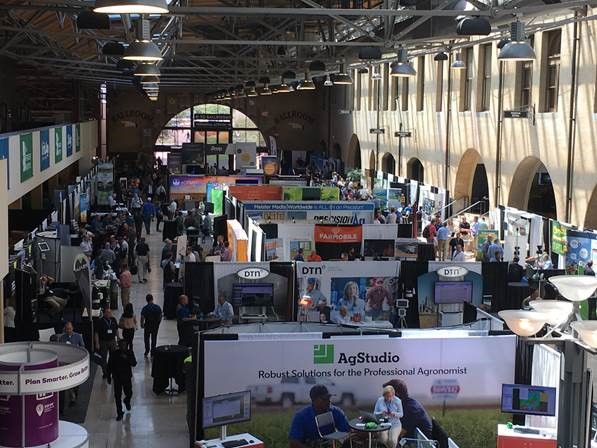
Pictured above is just a few of the exhibits in the Union Station. Over 1200 registrants attended the 2019 InfoAg conference, held July 23-25th. The InfoAg Conference has been a premier event since 1995.



